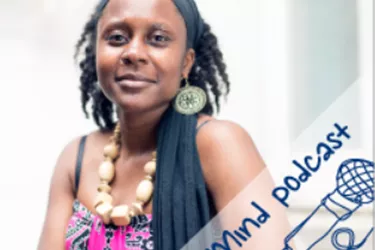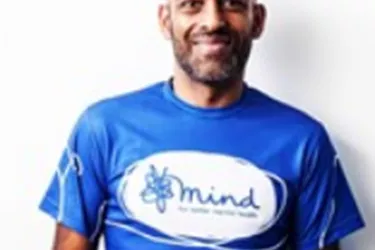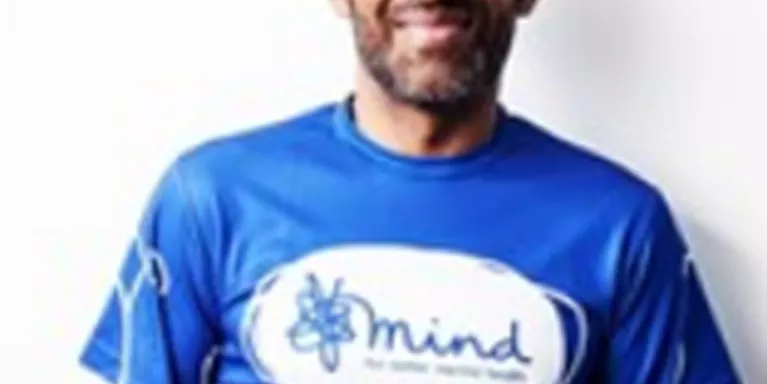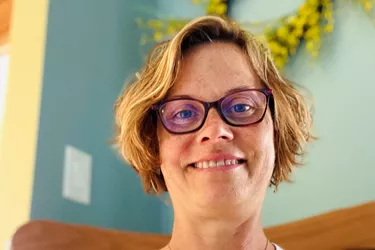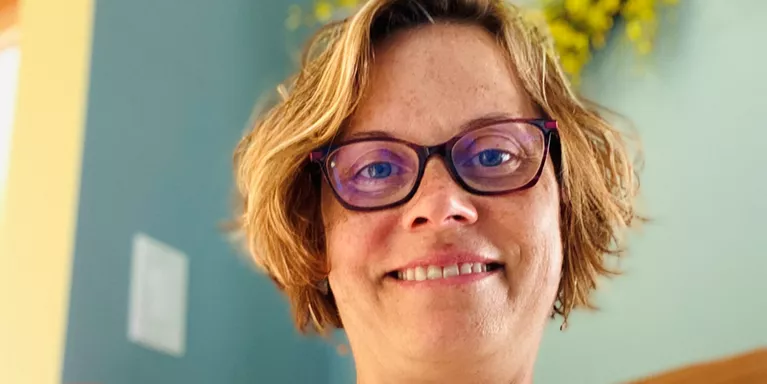‘I have bipolar disorder and became one of the top students in the UK’
At first Emily was embarrassed about her diagnosis. Here she blogs about how she had learnt to embrace it.
I was sitting my A-Levels when two of my friends suddenly passed away. Soon after, my world went numb. Everything seemed so bleak. These feelings continued for four months and led to me failing to get the grades for my top university choice. I decided to re-sit the year – I was not ready for uni and my mind was still reeling from the events of the year before.
The same period of numbness happened in the resit year, but I managed to secure the grades I needed to study Aeronautical Engineering at Imperial College London.
I arrived at uni feeling optimistic that it was a fresh start and I was excited to be living in such an amazing place.
"My mood suddenly spiked and I booked to go to Singapore last minute despite having no money."
Towards Christmas my mood dropped again and this lasted until April. I didn’t sit all of my exams and failed the ones I did sit. Instead of feeling low, my mood suddenly spiked and I booked to go to Singapore last minute and stay at the famous Marine Bay Sands hotel despite having no money. When I returned I was notified I had to repeat the year of uni.
The exact same thing happened again. My mood dropped for months, then I experienced a period of extreme energy and irritability. Once again this derailed my studies and I got the inevitable email in July that I had failed my first year again. I was broke. I realised at this point that something might be wrong with me but coming from a family that failed to recognise mental health problems I kept my concerns quiet.
Feeling useless and defeated
I almost left uni at this point. I felt useless and defeated. Somehow I managed to land a job related to my degree and honestly, it saved my life at the time. I had boundless energy at this point. To put it in perspective, my schedule was:
Wake at 4:40AM
Arrive at work by 8AM
Home for 8PM
Watch uni lectures from that day
Bed at 2AM
I did this for four months without feeling tired. I performed well at work, got nominated for an award and was involved in as much as I could be. I was also exercising three times a day at weekends to burn energy.
Then I crashed. One night I stood up and collapsed. I was taken to hospital and was told I had overrun my body and damaged the muscles in my chest. A period of depression followed and once again I struggled to function. I went to a GP and was put on the waiting list for cognitive behavioural therapy (CBT).
CBT did help, but it didn’t stop these extreme moods. I didn’t fully tell the therapist how much the past few years were impacted by these episodes as I still felt mental health carried stigma. Eventually I was referred to the Community Mental Health Team (CMHT) who suggested I had bipolar disorder but said they would just monitor me for the next few months. I knew this wasn’t going to be enough. I did pass my uni exams finally (third time lucky) and so I was heading back to study.
I broke down to my department just before uni started and told them about the events of the past few years. I felt so vulnerable, unsure what they would make of it. However they stepped up and transformed my university experience. I was given a place in a student hall close to campus and a whole range of support within uni.
Under a new CMHT I now had a diagnosis of bipolar and started on medication. But this didn’t stop the episodes. The medication made me vomit each night for a month and affected my ability to play hockey which I had previously loved. I would miss doses, bin my meds, pretty much do everything except consistently take them. This obviously affected how successful my treatment was but I didn’t see that at the time. Unable to keep myself safe I found myself in and out of psychiatric units each year of my degree.
Thanks to the support I got from uni I finished the rest of my degree with much less disruption – I still failed exams and submitted work late sometimes, but I was supported though this.
In my third year, when Covid hit, things went academically well. I won a prize for coming top of the year in a project and was named as one of the top 10 female undergraduates of the year in the UK.
My fourth year also went more smoothly and, despite getting admitted to another psychiatric unit, I finished my degree and got the grade I wanted.
Managing my condition
So, to now. Are things perfect? No. I found myself in another unit this year shortly after starting my new job. But things changed when I got out. I have previously struggled to accept my condition, and when I came out of hospital I realised that I have the most important role to play in managing it.
I started educating myself about bipolar disorder. I read blogs, books and watched documentaries. It stressed the importance of having a schedule and being consistent with your meds. All of these things seem so obvious, but I find that when I am most unwell these things go out of the window.
I am back at work, playing hockey and generally enjoying this new stability that I sought for so long. I have also taken part in Mind events and had a great time raising money for the 27 27 challenge in solidarity with the 27% of students who report a mental health problem whilst at uni.
This doesn’t mean I won’t experience episodes and challenges, but it does mean I am as armed and prepared to fight back as I have ever been. And for that I am grateful to everyone who has supported me through these years and thankful that I have taken control and changed the direction of my life.


Information and support
When you’re living with a mental health problem, or supporting someone who is, having access to the right information - about a condition, treatment options, or practical issues - is vital. Visit our information pages to find out more.
Share your story with others
Blogs and stories can show that people with mental health problems are cared about, understood and listened to. We can use it to challenge the status quo and change attitudes.










